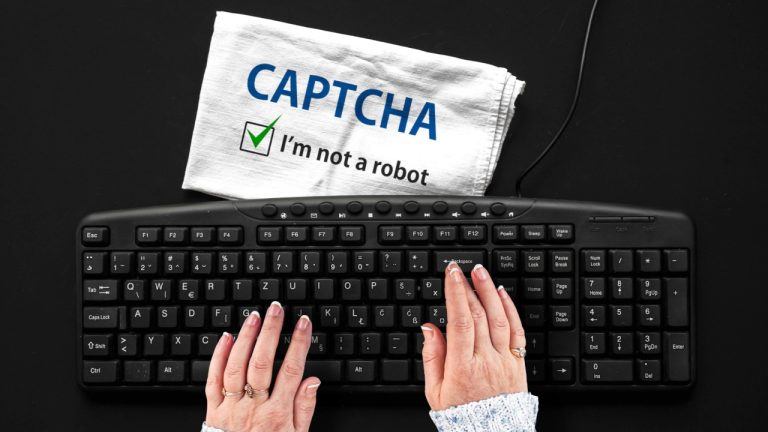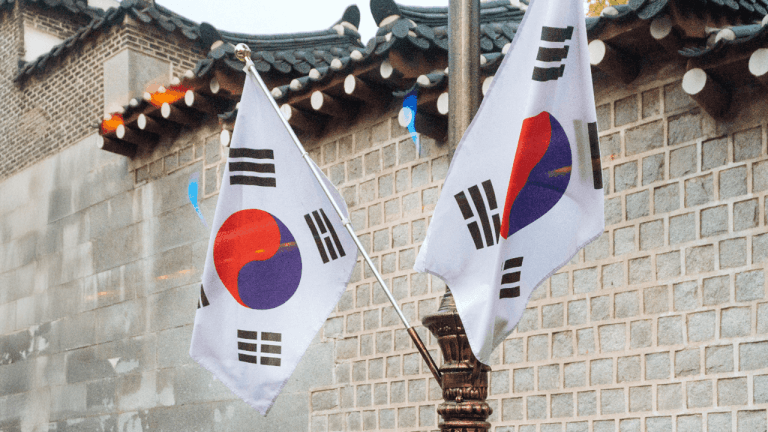The report reflects a ‘first step’ that U.S. officials are taking to expose Chinese communist authorities’ corruption and Achilles’ heel, an expert says.
Corruption is an “endemic feature” of China under communist rule due to the opaque political system in the party-state and the lack of checks and balances, according to a recent U.S. intelligence report.
The report, released on March 20 by the Office of the Director of National Intelligence (ODNI), states that bribery increases “an official’s legal earnings by four to six times.”
It also reported that Chinese Communist Party (CCP) leader Xi Jinping and his family had amassed more than $1 billion in wealth as of 2012.
Since Xi assumed power in 2012, information on corruption among CCP officials has been more challenging to obtain, the report said, adding that Xi’s family is known to have held at least millions in financial investments as of last year.
The Intelligence Authorization Act of 2023 required the ODNI to produce an unclassified report for the general public on the wealth and corruption of senior CCP leaders. Marco Rubio, currently U.S. secretary of state, inserted that requirement into the bill when he was vice chair of the Senate Intelligence Committee.
A former Chinese provincial official said the report left more to be desired.
Du Wen, a former executive director of the Legal Advisory Office of Inner Mongolia, was jailed for 12 years in China for bribery. He said he was merely a scapegoat for the side that was defeated in a power struggle.
The former official told The Epoch Times he found the “millions” number cited in the report regarding Xi’s current wealth hard to believe. He said he had heard in China that Xi’s royalty fees for “Xi Jinping Thought,” which is Xi’s rendition of Marxism–Leninism doctrines, far exceeded that amount.
Du said CCP-owned publishing houses pay Xi very high royalty fees, and the books enjoy mandatory purchases at all Party levels.
“The corruption of the Chinese Communist Party is all around,” he said. “Under the banner of proletarian revolution, they took political power.
“After that, their work was not to make the poor rich, nor to achieve the ‘common prosperity’ that Xi claimed, but to put all the money into the pockets of the Party officials.”
The ODNI report notes that in China, a country where senior Party officials can pick and choose winners for licenses and contracts, ranks are directly linked to authority and access to power and information. Hence, authorities operate on the cycle of bribing to obtain power and accepting bribes after ascending to power.
Du agrees with the report regarding communism’s corrupt nature, describing it as “a tree that consistently bears bad fruit.”
Paul Berkowitz, a China expert and former congressional aide, said the ODNI report is a “first step” and “makes a statement” that some U.S. government officials, including Rubio, understand the weakness of CCP officials and are “not afraid to expose them.”
“Rubio, in his brilliance, understands the communists like no other,” he told The Epoch Times. “He understands their Achilles’ heel is their wealth.”
Berkowitz said exposing the corruption-linked wealth of senior CCP officials busts their hypocritical image as “servants of the people. “
Berkowitz agrees with Du’s assessment of the report. In his view, the published version should have disclosed more specific information about CCP leaders’ wealth in the United States, thereby serving as a stronger deterrence.
He added that the strength of the report doesn’t reflect the Washington consensus on the CCP’s threat to its own people and the United States.
“The CCP consciously and actively targets and kills Americans through fentanyl,” Berkowitz said. “It is not [done by] some rogue criminals within China. These are all approved.
“This whole operation is approved by the Communist Party—same with killing the Falun Gong [practitioners], taking out their organs.”
Fentanyl overdose is the leading death cause for Americans aged 18 to 45, with more than 200 Americans dying each day.
Last year, the House Select Committee on the Chinese Communist Party released evidence that the CCP allowed and encouraged the export of illegal chemicals used in fentanyl production through tax rebates. The rebate, as high as 13 percent for some fentanyl precursors, is more lucrative than what other products get, which is usually below 10 percent.
President Donald Trump has imposed 20 percent additional tariffs on all China-made goods to urge the CCP to do what it can to rein in the production of fentanyl precursors, which are subsequently used to make illicit fentanyl in Mexico, from where it enters the United States across the southern border. Beijing has called fentanyl the “United States’ own problem” and the associated tariffs “blackmail.”
Inside China, the CCP has been killing Chinese citizens to sell their organs. Persecuted Falun Gong practitioners—who practice meditation and try to live in adherence to the principles of truth, compassion, and forbearance—have been the primary source of organs, according to the London-based China Tribunal, an independent body that investigated the issue. In recent years, the CCP has extended its state-sanctioned crimes to Uyghurs and other prisoners of conscience.
Selective Anti-Corruption
From 2012 to 2022, the CCP’s disciplinary organ investigated about 5 million officials for corruption and convicted 4.7 million, or 94 percent, according to the report.
Li Chuanliang, a former vice mayor in China’s northeastern province of Heilongjiang, was a target for investigation. He resigned in 2017 and fled China a year later. Beijing tried to extradite him via Interpol in 2020. He hired a lawyer and got the “red notice” canceled.
Last October, Chinese media reported that a court confiscated more than $400 million, which Li had allegedly embezzled when he was in China. Li said the news was retaliation for his criticism of the CCP in media interviews in the United States.
Li said the ODNI report links corrupt activities to the wealth of the senior CCP officials. He added that the report is accurate in its coverage of the CCP’s corrupt nature.
He said that when he was in China, the CCP’s disciplinary department would audit him each year. He said they have openly threatened many Chinese, telling them they have the power to label anyone as corrupt.
“My own experience tells me that no judicial process is necessary,” he told The Epoch Times. “The conclusion that I’m corrupt has already been reached. Whether or not one has committed the crime, one has already been convicted of graft.”
Therefore, Li added, Chinese officials are targeted for corruption for other reasons. A corrupt official would be protected in the communist system if his network protected him; an honest official would be labeled corrupt if they offended the person in power, especially those in charge of discipline.
Such “selective anti-corruption” campaigns make corruption an unsolvable problem in the CCP system, he said.
A Delayed Release
The ODNI report’s release was delayed for more than a year. It was due in December 2023, a year after the bill was enacted as a part of that year’s national defense budget authorization.
The law stipulated that ODNI should coordinate with the State Department to make the unclassified report available to the American public.
Du suspected a backstory in the release of the report.
“The process might not be smooth; it saw the light of day after some balances of power,” he said.
Speaking from his three decades on Capitol Hill, Berkowitz said he believes the delay may have resulted from communist infiltration into federal agencies and fear among bureaucrats in the U.S. foreign policy community.
“They always come up with a reason for not doing something. It was always not the right time. I heard that forever,” he said about the State Department, adding that the agency would often cite a calculation for giving the CCP concessions, for example, to help with the Russia–Ukraine war.
Berkowitz is more hopeful now that the State Department is under a leader who understands communist regimes. In his view, Rubio should kick back the report and ask for a more thorough version that addresses the corruption of all the individuals named in the legislation: “the General Secretary of the Chinese Communist Party and senior leadership officials in the Central Committee, the Politburo, the Politburo Standing Committee, and any other regional Party Secretaries.”
The Epoch Times contacted ODNI and the State Department for comment and did not receive a response by publication time.











